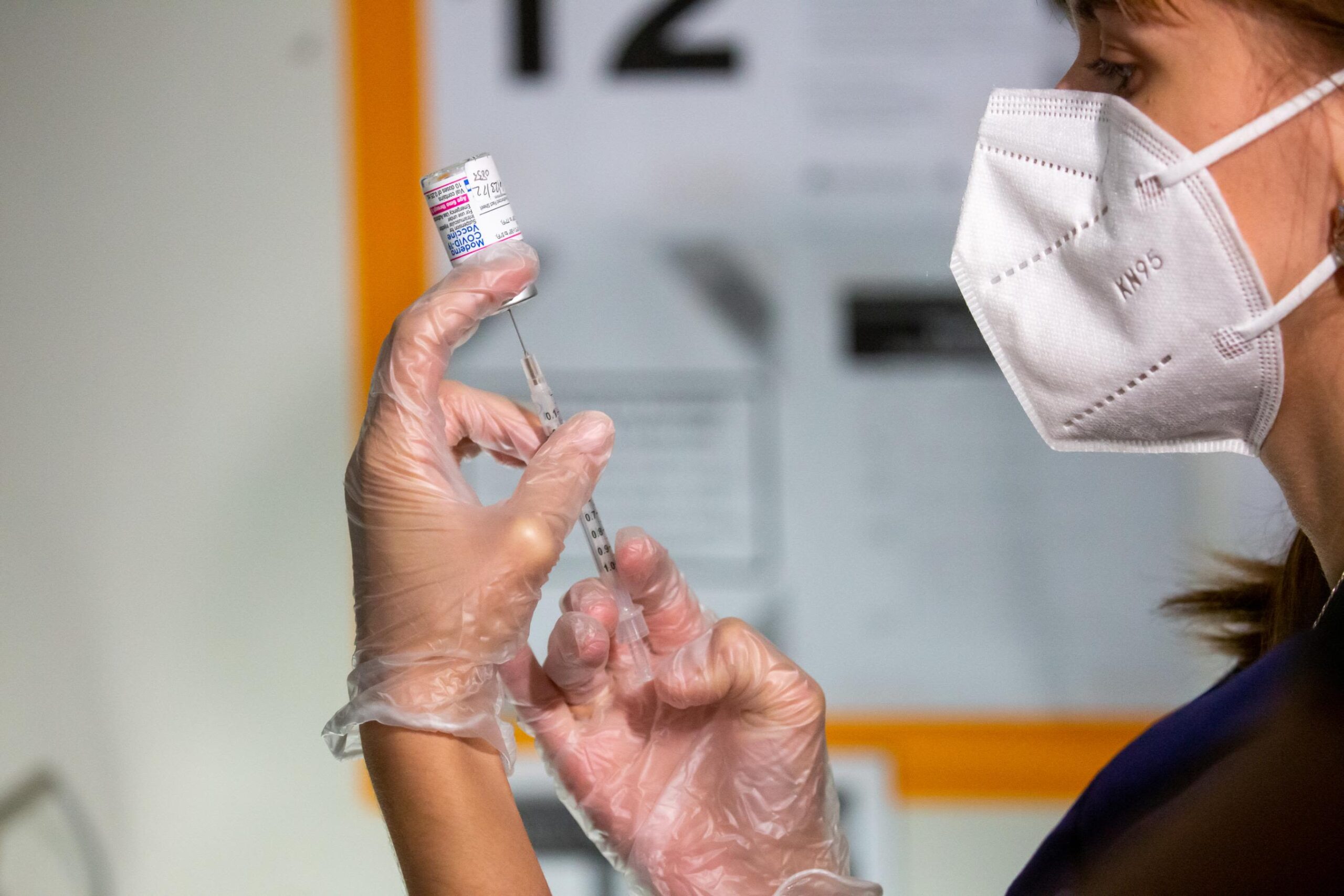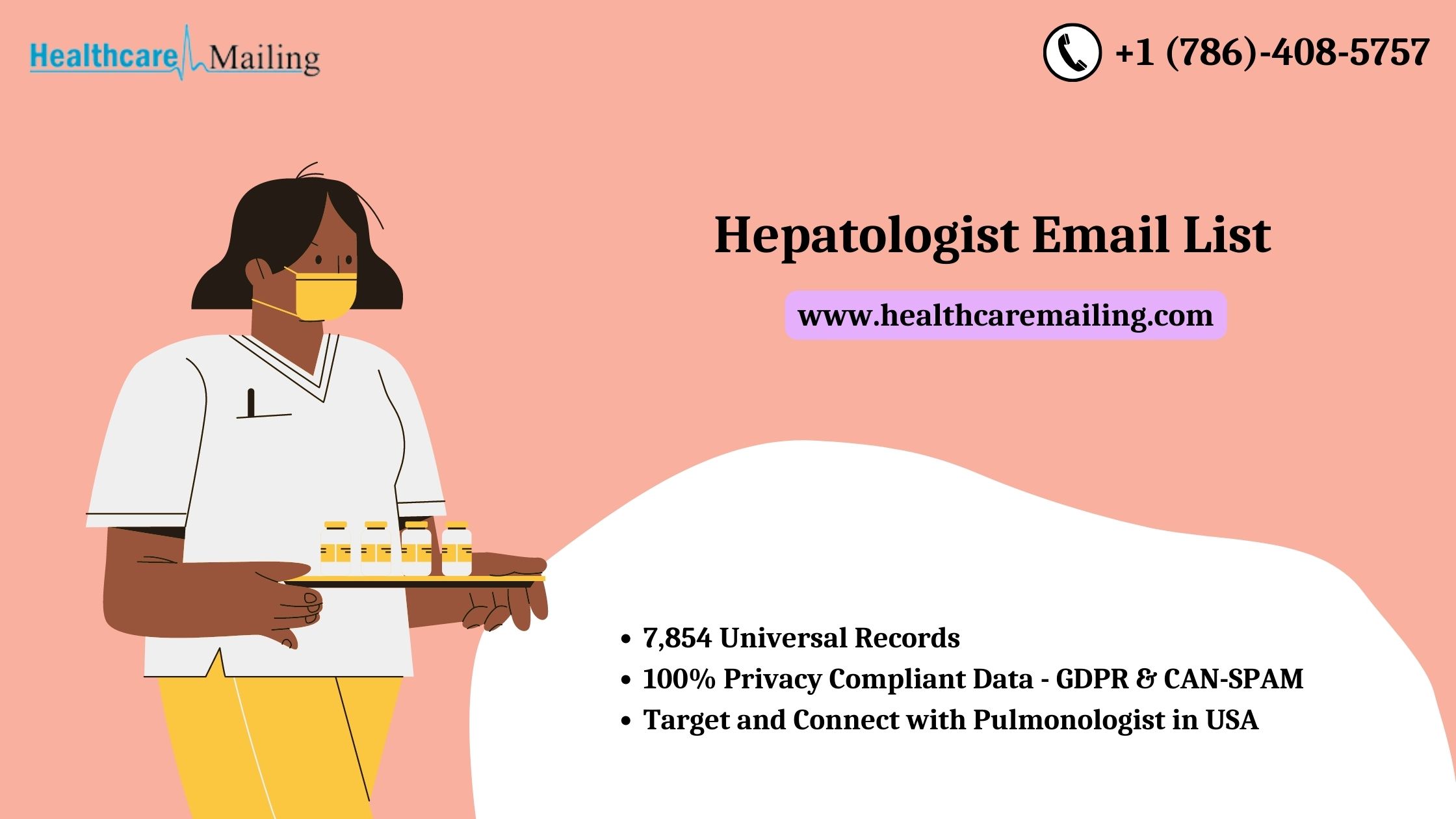The new Delta virus spreads faster than earlier versions. This variation can still be immunized to prevent severe illness. COVID tests have shown that vaccinations have not been 100% effective in preventing severe illness.
This is okay because there are other safety measures we can take to avoid getting sick or transmitting diseases like 15 minute COVID test. Now it’s time to come together and flatten the curve for everyone, even those who have been vaccinated. This means that we must put our masks on again and follow other safety precautions that have proven effective during this pandemic. You may also be eligible for a COVID booster if you are eligible.
These are five things that vaccine recipients need to be aware of.
How the Numbers Show Your Danger
Breakthrough infections are occurring, but the good news is that people who have had the COVID-19 vaccination are much less likely to need hospitalization than those who did not. People who have been vaccinated also have a lower rate of mortality.
This is a good sign because it shows how effective immunizations can prevent serious illnesses. The reality is that COVID-19 vaccine has prevented more than 1,000,000 hospital admissions, and saved 25% of a million lives.
Although the vaccines aren’t perfect, they’re very close. It can be hard to determine how often people who have been fully immunized are accidentally spreading COVID-19 to others.
What Situations Are Harmful and Which are Safe to Wear a Mask?
It is possible that you are looking for assistance in determining which items are safe and which ones are harmful. People who have been vaccinated can still feel safe gathering indoors with a small number of others. You should be extra cautious if a larger influentialial group or a public indoor setting is available.
These are just a few of the many situations and places where you need to wear a mask.
- You can use public transportation to get from one place to another, such as a hospital or clinic.
- Scientists recommend that travelers be cautious when visiting enclosed areas where it’s difficult to wear a mask. Also, keep your distance from pubs, restaurants, and group exercise classes.
People with compromised immune systems should exercise caution.
It is not yet known how effective COVID-19 vaccines are at protecting people with impaired immune systems. Not everyone who has received all the recommended vaccines (e.g. transplant patients and people taking immunosuppressive drugs) may be protected.
These people need to be extra careful, even if they are fully immunized. Your doctor can help you determine your risk level and what precautions to continue taking. Additional vaccinations are available for those who have severe COVID-19 symptoms or are at high risk.
Read here to know more – Nutritious Ingredients
It is hoped that additional injections will increase antibody protection for more vulnerable individuals. Even if everyone is properly immunized, it is important to be cautious when approaching an immunocompromised person.
Parents of unvaccinated children should exercise greater caution.
Both children 5-11 years old and teens are eligible for immunization. For your child to get the COVID-19 vaccine, make an appointment.
Parents of children younger than five years old have it a bit more difficult. It’s important to be more cautious with your children who aren’t yet vaccinated. This could mean choosing outside restaurants over indoor dining places, and being more cautious when planning your family’s holiday itinerary.
What to Do if You Suspect COVID-19
If you have not received any of the recommended vaccines, get tested within three to five days. Also, make contact with anyone who has been positive for COVID-19. You should also wear a mask for at least 14 days after an exposure.
Is Coronavirus Hazardous After Vaccination?
New coronavirus infections may cause mild to severe illness. However, it is rare for people who are healthy and have not had any chronic diseases.
COVID-19 vaccines are especially effective in preventing serious coronavirus infections, such as COVID caused due to the delta coronavirus type. This can cause hospitalization, the use of a ventilator or even death.
Who is most at Risk from COVID-19’s Breakthrough?
Anyone who has had all the recommended vaccines may get a breakthrough infection. However, people whose immune systems are compromised by certain medical procedures or diseases are more likely to develop it.
The CDC recommends that patients with compromised immune system receive a third dose COVID-19 vaccine 28 days after their first injection. After consultation, they should go to a rapid Covid Test fort worth.








